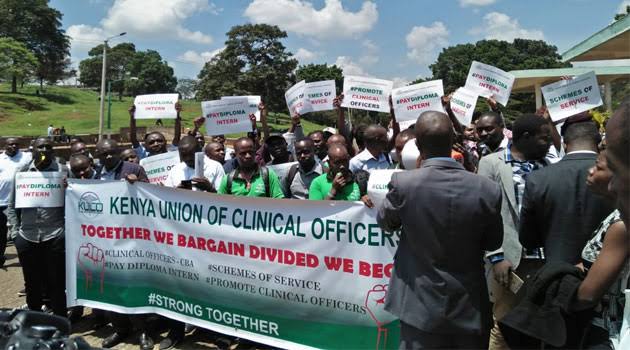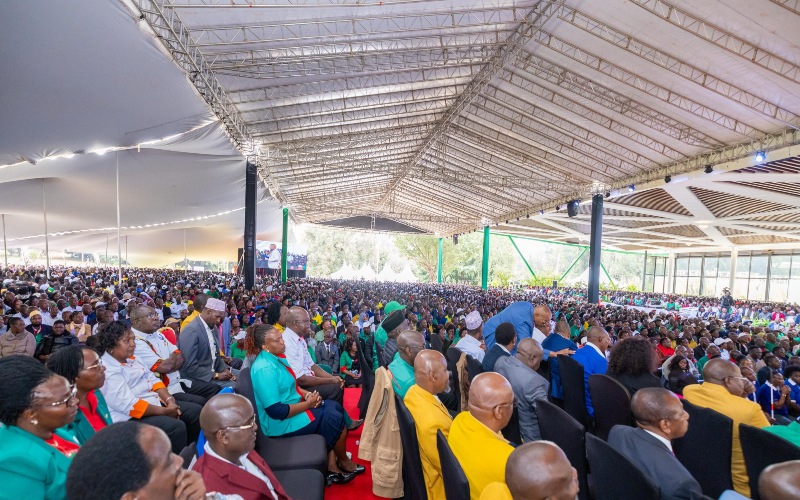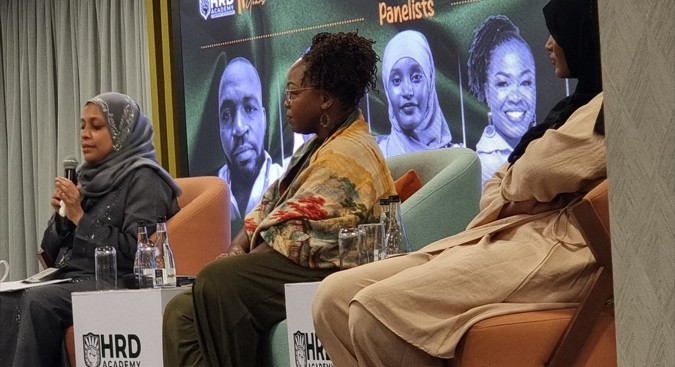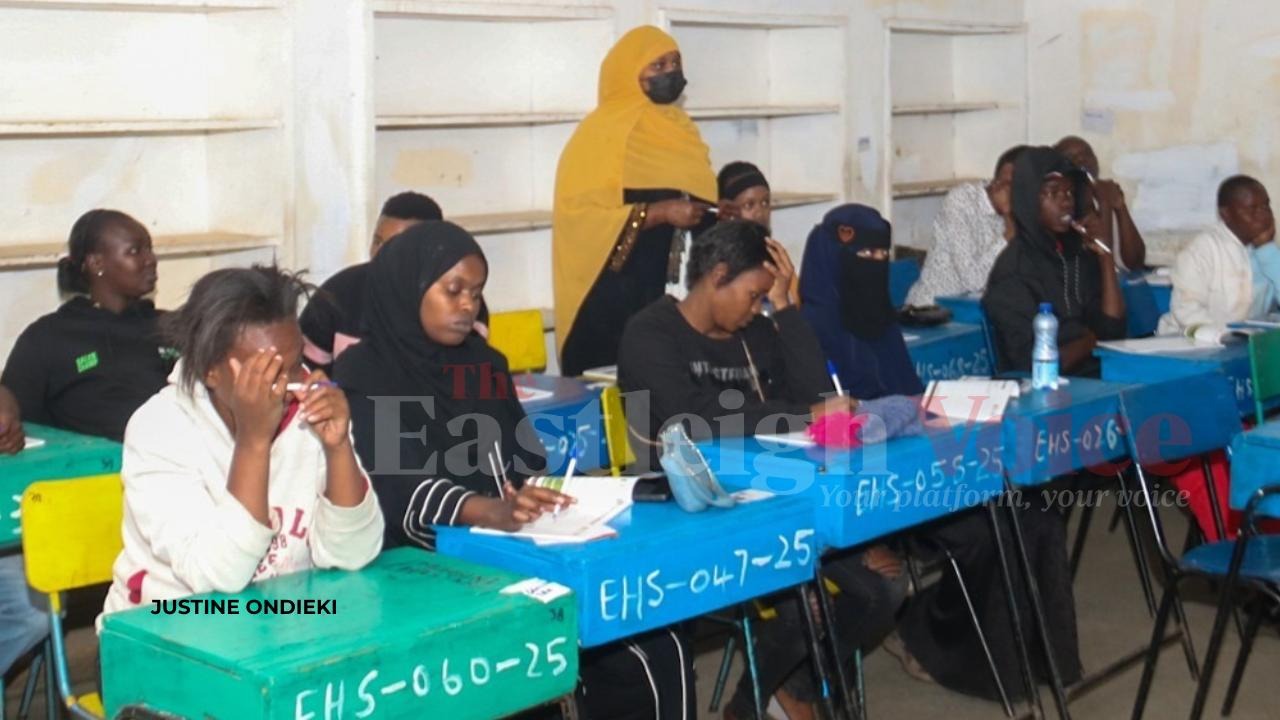Digital experts sound alarm as tech-facilitated GBV continues to target Kenyan women

While data on women human rights defenders is limited, there is significant evidence that they face similar levels of threat, with attackers including both state and non-state actors.
As the world marks the second day of the 16 Days of Activism against tech-facilitated gender-based violence (TF-GBV), digital experts are warning that this emerging form of crime disproportionately affects women in Kenya, highlighting the need for sustained advocacy.
The warning echoes recent findings from a United Nations Population Fund (UNFPA) pilot study on TF-GBV in Kenya, which revealed that women constituted 64.4 per cent of those directly affected by the crime.
More To Read
- 16 days global campaign spotlights growing threat of gender-based violence
- Kenya outshines neighbours in media coverage of SGBV, femicide
- International Day of the Girl: UNICEF highlights increased risks for girls amid crisis
- Turkana County, Amref launch final phase of HIV, TB and reproductive care project
- Suspect arrested as police rescue woman beaten by brothers in Narok
- Wetang’ula urges Kenyans to speak out against GBV, protect survivors
TF-GBV primarily manifests as cyberbullying, image-based abuse, gendered disinformation, and doxxing.
The International Women’s Media Foundation also highlighted the trend, noting that female tertiary students, female politicians, female journalists, and human rights defenders are among the most affected professionals. Attacks targeting politicians, in particular, are increasingly sexualized.
"63 per cent of women journalists have indicated being harassed online. Of those, over one third admitted that the harassment had led them to avoid certain types of stories likely to provoke negative reactions online," the study revealed.
State and non-state actors
It added that, while data on women human rights defenders is limited, there is significant evidence that they face similar levels of threat, with attackers including both state and non-state actors.
Ms Catherine Otono, the programmes officer at IREX, noted that although the crime is perpetrated virtually, its impact is deeply felt by victims—emotionally, through mental health challenges, and physically, when they lose opportunities, face stigma, experience a deteriorating social life, suffer physical violence, or lose support from loved ones.
She added that a troubling aspect of TF-GBV is that attackers often hide behind the anonymity features of digital platforms, spreading impunity.
Ms Sharon Kechula, a digital safety and security expert, observed that the state is making efforts to address this form of crime through the National Computer and Cybercrime Coordination Committee (NC4). However, she stressed that victims must report incidents to the police more consistently to prompt sustained state action.
The two spoke at the 10th Human Rights Academy in Nairobi, where human rights defenders, both male and female, shared their experiences as victims of TF-GBV.
Some attendees said they received support after reporting incidents, but a majority reported being scorned by police, and in most cases, no action was taken even after obtaining an OB number.
Kechula recommended adopting digital hygiene measures, including two-factor authentication, end-to-end encrypted apps, and strong passwords. She also advised regular deletion of browser cookies and cache, using VPNs, safe search settings, and verifying links before clicking.
On Tuesday, Internal Security Principal Secretary Raymond Omollo, who also serves as NC4 chairperson, warned of a surge in harmful online anonymity. He said it is rapidly becoming one of the most serious barriers to accountability and justice across Africa, creating a marketplace for cybercrime where stolen personal data is openly traded.
"As we strengthen our defences, we must confront the growing challenge of anonymity within cyberspace. Across Africa, anonymity continues to impede investigations, frustrate accountability and complicate the presentation of digital material before the courts of law," he said.
Top Stories Today










































